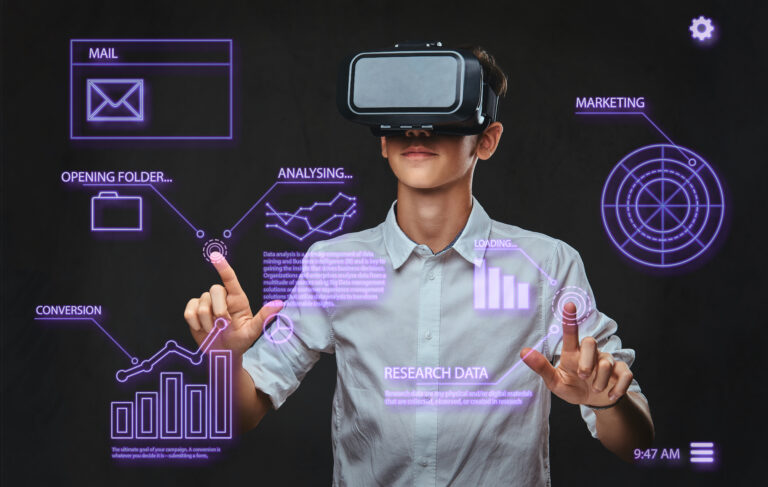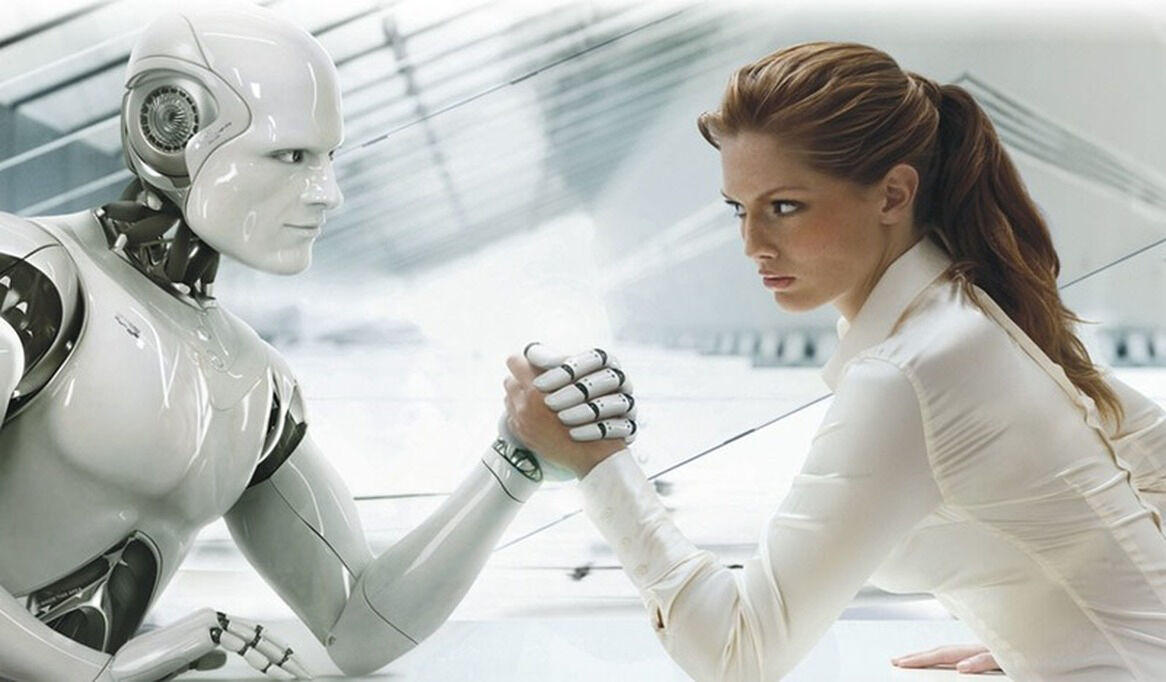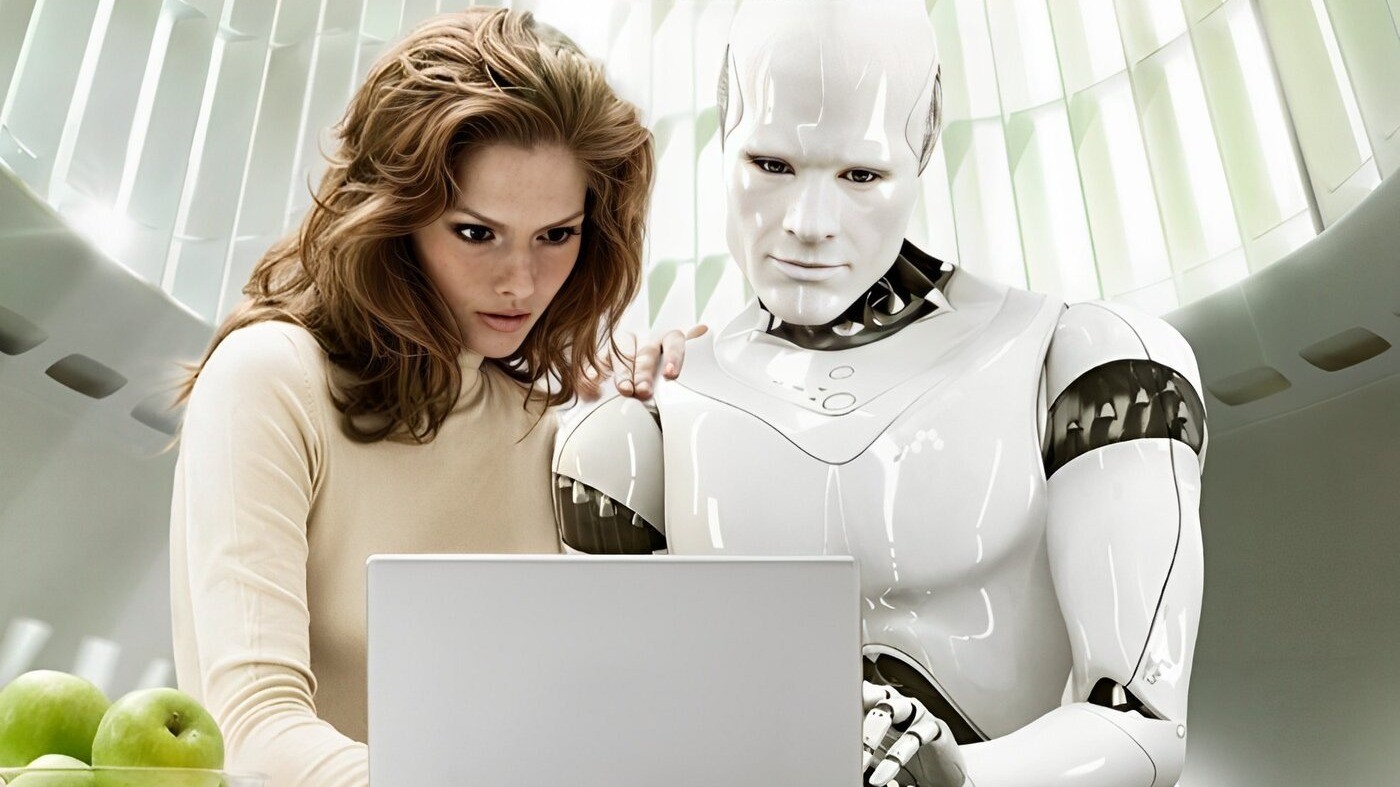Have you ever wondered if everything you hear about Artificial Intelligence (AI) is really true? Between exaggerations and conspiracy theories, countless myths have been spread, causing many people to be deceived and miss out on incredible opportunities to update themselves and enjoy the benefits of this technology. If you still believe in some of these myths, it’s time to wake up and find out the truth – before it’s too late!
The Ugly Truth About AI
AI is everywhere – from virtual assistants that help you in your daily life to advanced systems that optimize processes in large corporations. But unfortunately, it is also surrounded by misinformation and exaggerations that, if not debunked, can leave you behind as the world evolves. In this article, we will address the 5 biggest myths about AI that are making you look like a fool, revealing the reality behind what many consider “facts” and showing why you need to update yourself so as not to be left behind .
Myth 1: “AI Will Steal All the Jobs and Leave Everyone Unemployed”
The Fear of Mass Unemployment
One of the scariest – and most frequently spread – myths is that AI will eliminate all jobs, leaving humanity without work. This narrative appeals to fear of the unknown and paints a dystopian picture where machines completely replace humans.
The Reality
-
Transformation and Reskilling:
The truth is that while AI automates repetitive tasks, it also creates new opportunities. Professions related to the development, maintenance, and supervision of AI systems are in high demand. The key is to reskill and adapt your skills to work alongside technology. -
Hybrid Work:
Rather than eliminating jobs, AI will transform the way we work. Routine tasks will be automated, freeing up time for activities that require creativity, empathy, and human judgment—skills that machines cannot yet replicate.
Conclusion: AI is not the villain that steals jobs; it is a tool that, if used well, can unleash human potential for more strategic and innovative roles.
Myth 2: “AI is Completely Impartial and Fair”
The Illusion of Neutrality
Many believe that because AI operates on data, it is automatically unbiased. This simplistic view ignores a crucial fact: the quality and neutrality of the data. If the training data is biased, the algorithms will perpetuate—or even amplify—these biases.
The Reality
-
Bias in Data:
Historical data often reflects social and economic inequalities. When this data is used to train algorithms, the result can be a system that discriminates against minorities or favors certain groups unintentionally. -
Need for Transparency:
It is essential that algorithms are constantly audited and adjusted to minimize bias and ensure that decisions are truly fair and based on accurate information.
Conclusion: AI is only as impartial as the data that feeds it. For it to be truly fair, it is essential to invest in transparency and practices that correct existing biases.
Myth 3: “AI is a Technology of the Future, Still Far from Reality”
The Perception of Something Mystical
If you think of AI as something futuristic, restricted to research labs and science fiction movie sets, it’s time to rethink that idea. The reality is that AI is already deeply integrated into our daily lives.
The Reality
-
Everyday Presence:
Virtual assistants like Siri, Alexa, and Google Assistant, content recommendation systems, and even social media filters are tangible examples of AI in action. It’s present in every click, every purchase, and every online interaction. -
Real Impact Across Industries:
From medical diagnostics to market trend prediction, AI is already transforming entire industries. To ignore this reality is to remain stuck in the past while the world moves forward.
Conclusion: AI is not a distant promise – it is already part of our lives. Understanding and leveraging this technology is essential to staying up to date and competitive in the modern world.
Myth 4: “AI is infallible and always makes the right decisions”
The Perfection Trap
Another common myth is the belief that AI always makes the best decisions without errors. This is dangerous because it can lead to blind trust in the technology without proper human oversight.
The Reality
-
Errors and Limitations:
Algorithms can fail if fed with incorrect or insufficient data. They are designed to learn, but that learning is only as good as the quality of the data they are given. In unforeseen situations, AI can make serious mistakes. -
Need for Human Supervision:
AI is best used as an auxiliary tool, complementing human judgment. Artificial intelligence can process information at high speed, but it still needs human intervention to contextualize and adjust its decisions.
Conclusion: Although powerful, AI is not infallible. It is essential to use this technology as a complement to human reasoning, always with supervision and critical analysis.
Myth 5: “AI Will Create a World of Total Surveillance and Loss of Privacy”
The Fear of Invasion of Privacy
Dystopian scenarios where AI becomes a tool of mass surveillance are frequently explored in the media and works of fiction, generating widespread fear about the loss of privacy and individual freedom.
The Reality
-
Monitoring Tools:
While it is true that AI can be used to collect and analyze large volumes of data, the key lies in regulation and transparency. The ethical use of technology is a growing priority, with governments and companies implementing measures to protect user privacy. -
Responsible and Regulated Use:
The future of AI depends on policies that ensure data security and privacy. With proper regulations, it is possible to reap the benefits of AI without sacrificing individual freedoms.
Conclusion: AI has the potential to be a surveillance tool, but this is not inevitable. Implementing strict regulations and promoting ethical use are essential to ensure that the technology benefits society without compromising privacy.
Debunking Myths to Build a Conscious Future
Myths about AI can distort public perception and prevent people from harnessing the full potential of this transformative technology. By debunking these 5 major myths, it becomes clear that:
- AI does not steal jobs, but it transforms the nature of work, requiring reskilling and adaptability.
- It is not automatically fair – its impartiality depends on the data that feeds it.
- AI is already part of our daily lives, and ignoring it is a mistake that can cost us dearly.
- While powerful, AI is not infallible and should be used as a complement to human judgment.
- And finally, the fear of a surveillance world can be mitigated with regulation and ethical practices.
The truth about Artificial Intelligence is complex and multifaceted. Understanding this reality is the first step to using the technology consciously and responsibly, taking advantage of its benefits while protecting yourself against the risks.
If you want to be prepared for the future and not be made a fool of, it’s time to get informed, stay up to date and adopt a critical stance towards what you hear about AI. Knowledge is the best tool to transform myths into opportunities and build a future where technology is an ally of human progress.








